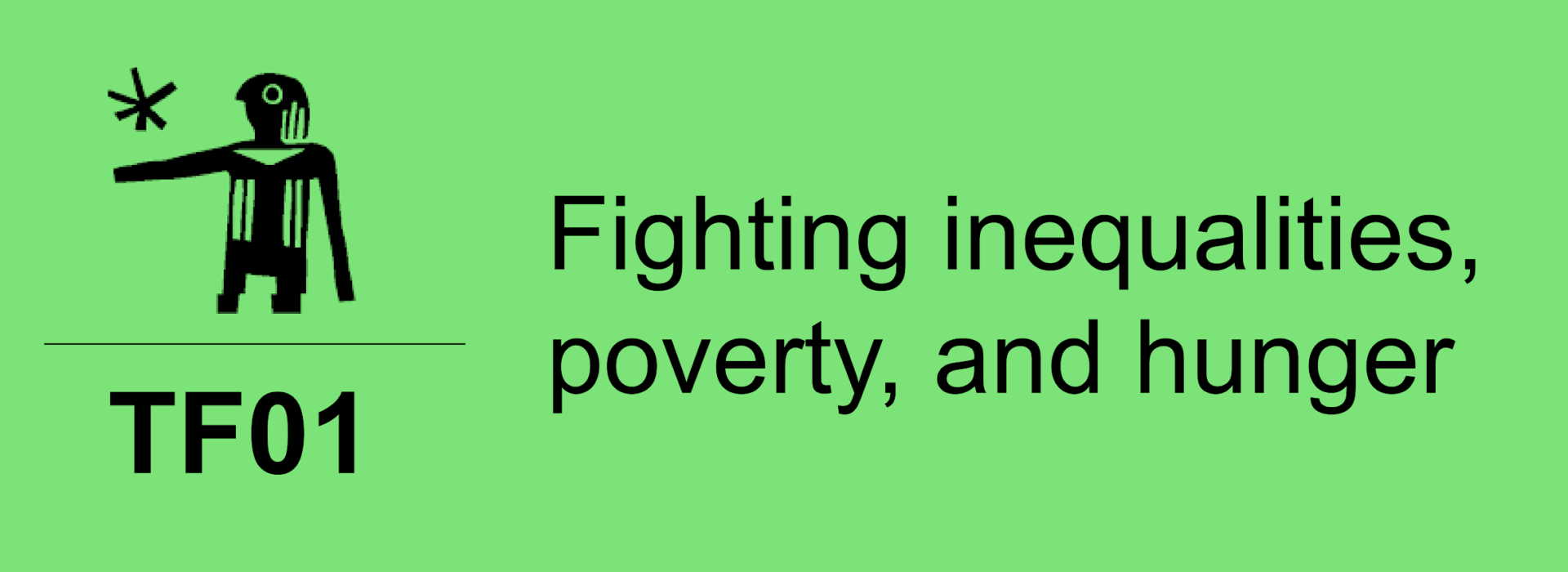Food and nutrition insecurity has advanced around the world, and rural areas are particularly sensitive. Public purchases of food from family farms have already proven to be an effective way of tackling urban and rural hunger. Also, these purchases are increasingly associated with diversification of production through short production chains, incentives for sustainable agricultural practices, income generation, and stimulation of local economies. All this occurs while promoting food and nutrition security for the beneficiaries of the programmes and the farmers who supply the food, by strengthening self-consumption. In Brazil, these policies have been consolidated over the last two decades, starting with the Food Purchase Programme (PAA), launched in 2003, and the commitment to allocate part of the funds of the National School Feeding Programme (PNAE) to purchase from family farms, established in 2009. The policy configuration has evolved to incorporate an environmental and civic ethic through a legal framework that prioritises socio-economically vulnerable social groups, sustainable production, and products from regional socio-biodiversity. This leaves room for building a more sustainable, healthy, and respectful society for the planet’s natural resources and current and future generations. However, policies have not yet reached their potential to effectively promote a sustainable food system. To advance in the food system transformation, some actions are needed, including the continuous improvement of the legal framework, dissemination of information on sustainability, infrastructure, and financial and technical resources compatible with the dominant production system for investment in sustainable agricultural production. These are key efforts towards scaling up the sustainability potential of policies through the availability of financial and human resources, and they are relevant for the G20.
Register for Updates
Would you like to receive updates on the Global Solutions Initiative, upcoming events, G7 and G20-related developments and the future of multilateralism? Then subscribe here!
1 You hereby agree that the personal data provided may be used for the purpose of updates on the Global Solutions Initiative by the Global Solutions Initiative Foundation gemeinnützige GmbH. Your consent is revocable at any time (by e-mail to contact@global-solutions-initiative.org or to the contact data given in the imprint). The update is sent in accordance with the privacy policy and to advertise the Global Solutions Initiative’s own products and services.









